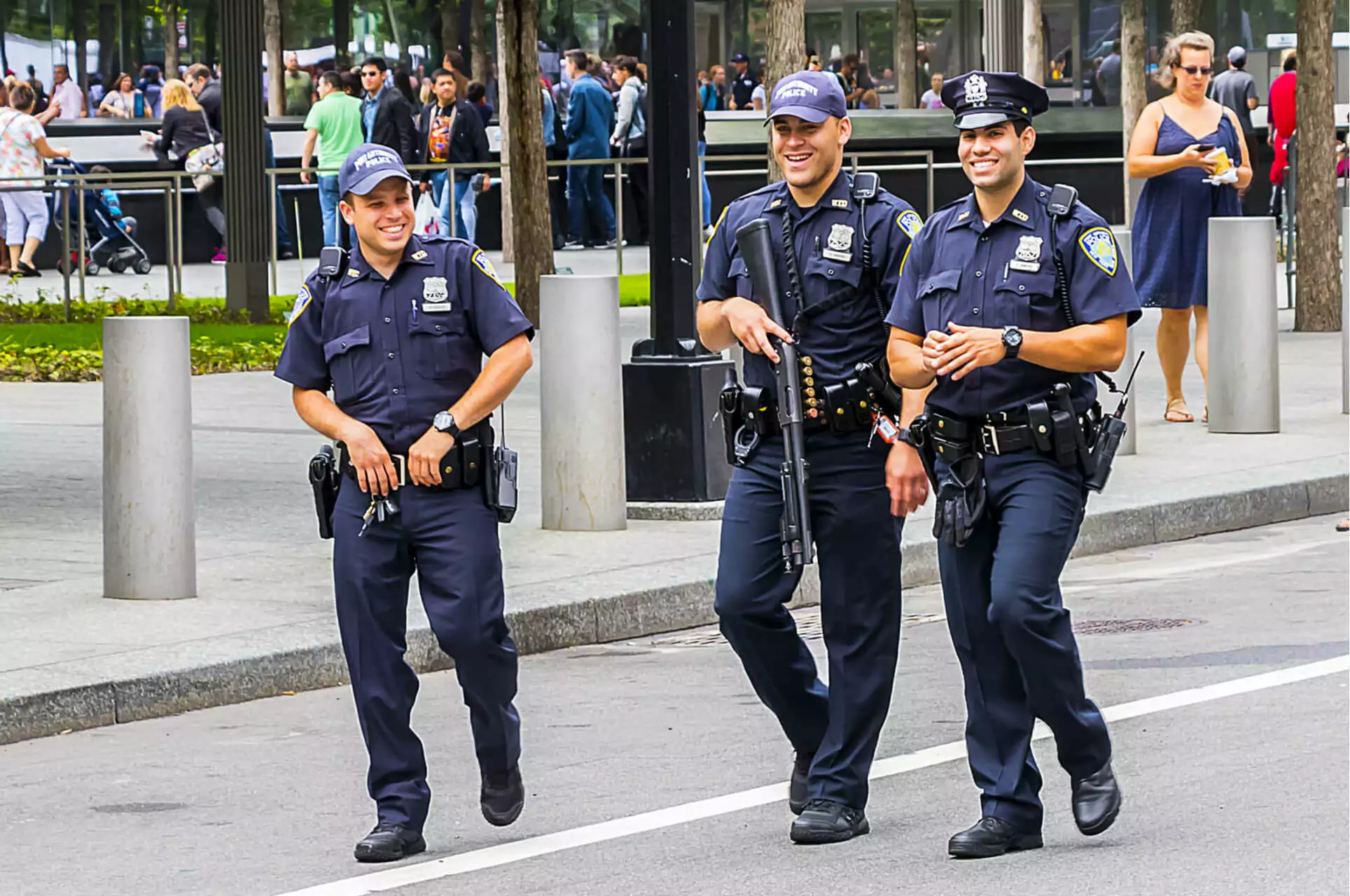Becoming a police officer is a noble and demanding career path that attracts individuals who wish to serve and protect their communities. Prospective police officers need to be prepared for a rigorous selection process, intensive training, and the challenges that come with the job. The job can be stressful and dangerous, requiring officers to make split-second decisions that could have life-or-death consequences. Understanding these aspects is crucial for anyone considering this career path.
What Are the Prerequisites for Becoming a Police Officer?
To become a police officer, candidates must meet several prerequisites, which may vary depending on the state or department. Generally, prospective officers must be at least 21 years old, hold a valid driver’s license, and have a clean criminal record. A high school diploma or equivalent is often the minimum educational requirement, though some departments may prefer or require a college degree.
Physical fitness is another crucial prerequisite. Candidates must pass a series of physical tests to ensure they are capable of performing the physically demanding tasks required of police officers. These tests typically assess strength, endurance, agility, and overall fitness levels. Additionally, candidates undergo rigorous background checks, psychological evaluations, and drug tests as part of the screening process.
It’s also worth noting that having certain skills or experiences can be advantageous. For example, candidates with military experience, prior law enforcement experience, or specialized skills such as fluency in multiple languages may have an edge in the selection process. Interestingly, the Kentucky State Police report that there are more than 100,000 motorcycles registered in Kentucky, highlighting the diverse lifestyles and communities that police officers serve and the importance of being adaptable and understanding of different backgrounds.
What Does Police Academy Training Involve?
Police academy training is a rigorous and comprehensive program designed to prepare candidates for the various aspects of police work. The duration of training can vary but typically ranges from 12 to 24 weeks. During this time, recruits undergo a combination of classroom instruction and practical, hands-on training. The curriculum covers a wide range of topics, including criminal law, firearms training, self-defense, first aid, and emergency response.
In addition to technical skills, police academy training emphasizes the importance of ethics, integrity, and community relations. Recruits learn about the legal and ethical responsibilities of being a police officer and how to build positive relationships with the communities they serve. This aspect of training is crucial for fostering trust and cooperation between law enforcement and the public.
The San Jose Police Department, for example, imbues its training with special symbolism. Their badge holds special significance, with the seven points representing the department’s core values: Integrity, Service, Courage, Innovation, Respect, Excellence, and Diversity.

What Are the Common Challenges Faced by Police Officers?
Once they have completed their training and are on the job, police officers face a myriad of challenges. One of the most significant challenges is the high-stress nature of the profession. Officers frequently encounter dangerous situations, high-stakes emergencies, and violent confrontations, all of which require quick thinking and decisive action.
Another major challenge is the complexity of the criminal justice system. Police officers must navigate a web of laws, regulations, and procedures in their daily work. The Sentencing Project reports that there are 2 million people in the nation’s prisons and jails – a 500% increase over the last 40 years. This statistic underscores the evolving nature of crime and the judicial system, necessitating continuous learning and adaptation on the part of law enforcement officers.
Additionally, police officers must maintain a delicate balance between enforcing the law and fostering positive community relations. This can be particularly challenging in areas where there is a history of mistrust or tension between the public and law enforcement. Officers must demonstrate empathy, communication skills, and cultural competency to build and maintain trust within diverse communities.
Conclusion
Ultimately, a career in law enforcement is not just a job; it’s a lifestyle. It demands a high level of dedication, a strong sense of duty, and a willingness to face risks and challenges head-on. For those who possess these qualities and are driven by a desire to serve and protect, becoming a police officer can be a deeply fulfilling and meaningful career.

